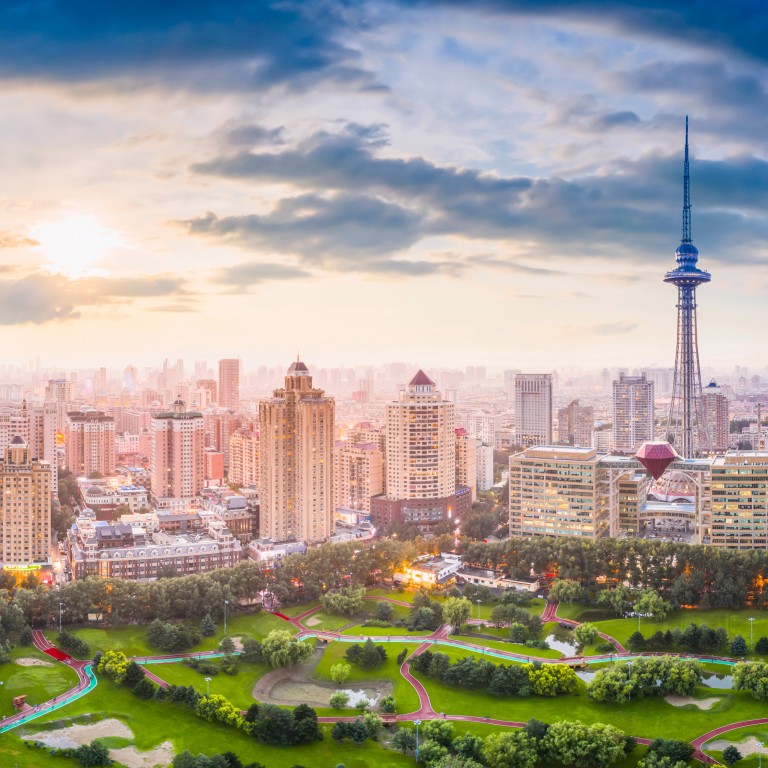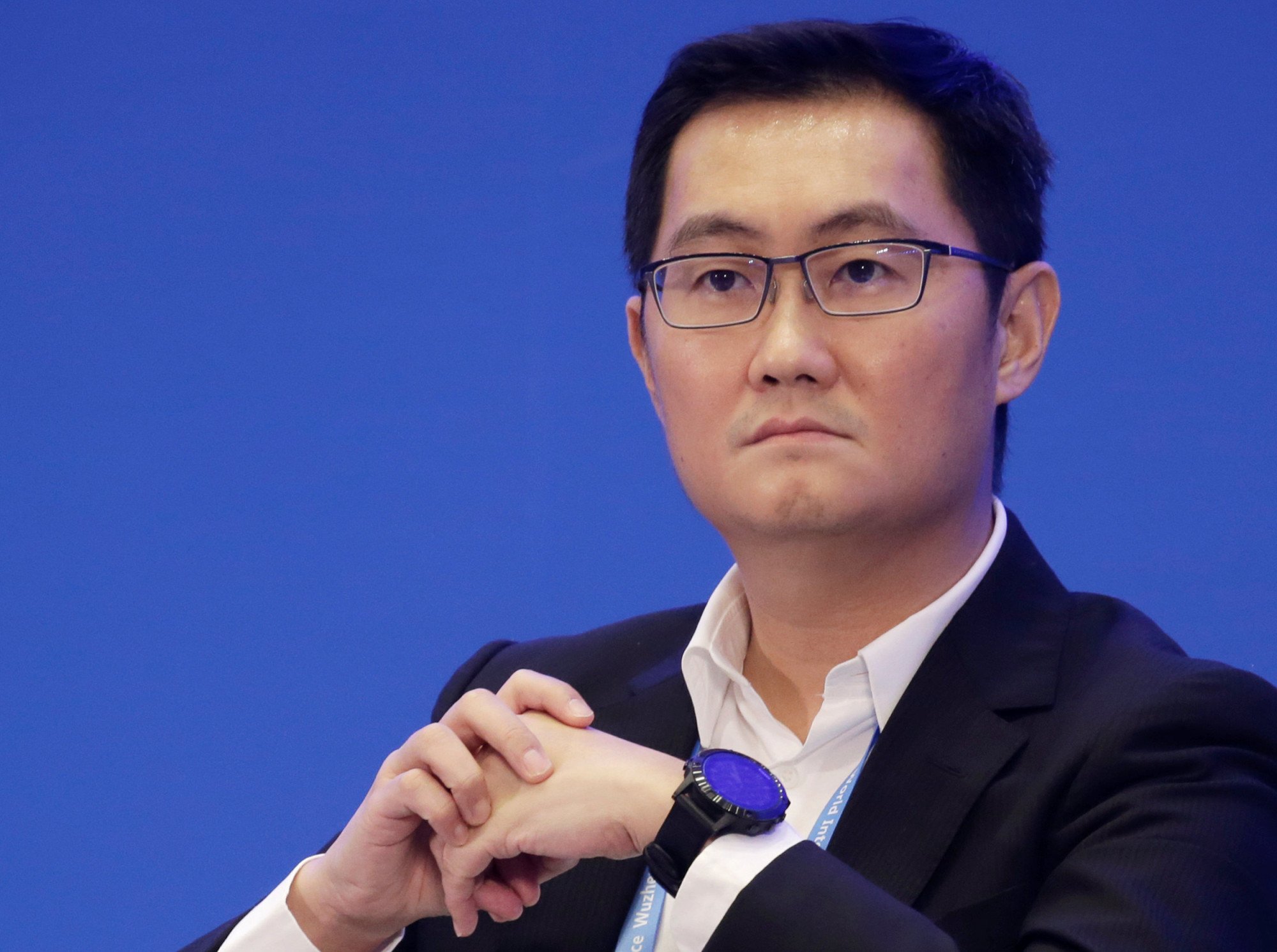Advertisement
Advertisement

Tencent CEO Pony Ma pledges support for northeastern Heilongjiang province’s development as Big Tech firms help drive economic recovery efforts
- Tencent is assisting Heilongjiang’s development through a series of collaborations that include the digital economy, transport, energy and agriculture
- CEO Pony Ma said Tencent’s co-working space has already helped incubate and foster the growth of more than 100 start-ups in the rust-belt province
Ben Jiangin Beijing
Chinese video gaming and social media giant Tencent Holdings has pledged to strengthen support for development initiatives in northeastern Heilongjiang province, one of the country’s less-developed areas, in another sign that Big Tech companies are answering Beijing’s call to help bolster the nation’s economic recovery efforts.
That commitment was made by Pony Ma Huateng, co-founder, chairman and chief executive of Tencent, in his speech before a business forum jointly organised by the provincial governments of Heilongjiang and Guangdong on April 22 in the southern tech hub of Shenzhen.
The 52-year-old Ma – China’s second-richest person, with a net worth of US$39 billion, according to the latest Hurun Report – said Tencent is assisting Heilongjiang’s development through a series of collaborations covering areas that include the digital economy, transport, energy and agriculture.
He said Tencent’s co-working space has already helped incubate and foster the growth of more than 100 start-ups in Heilongjiang, which borders Russia and ranked as the Chinese province with the second-lowest gross domestic product per capita of 51,096 yuan (US$7,407) in 2022, according to data from Statista.

In addition, Tencent has initiated cooperation with the province to address issues such as food security, supersized city governance and the ageing society, Ma said.
Tencent’s investments in Heilongjiang date back to 2015, when the internet company and Beijing-based JD.com forged a pact with the provincial government to jointly work on cross-border e-commerce and big data initiatives, as well incubation of start-ups.
Shenzhen-based Tencent’s latest efforts in Heilongjiang reflect how the nation’s Big Tech companies are following directives made by China’s leadership, headed by President Xi Jinping, in December to “fully display their capabilities” in bolstering economic growth and job creation in the country after the Covid-19 pandemic.
In March, Alibaba Group Holding and authorities in the southwestern metropolis of Chongqing pledged deeper collaboration in areas such as connected cars and digital infrastructure, days after the Hangzhou-based e-commerce giant forged a new cooperation agreement with regulators in its eastern home city. Alibaba owns the South China Morning Post.
At the forum in Shenzhen, businesses in southern Guangdong province and the Heilongjiang government agreed to cooperate in a total of 12 strategic areas, including telecommunications, digital economy, biotech, high-end manufacturing, new energy and materials.
Heilongjiang Communist Party Secretary Xu Qin, who took part in the business forum, previously served as mayor of Shenzhen and then as the city’s party secretary.
One of China’s rust-belt provinces, Heilongjiang has continued to record sluggish economic growth. The province’s overall financial revenue of 129.1 billion yuan in 2022 is worth about two-thirds of Tencent’s net profit of 188.2 billion yuan in the same period.

Post
